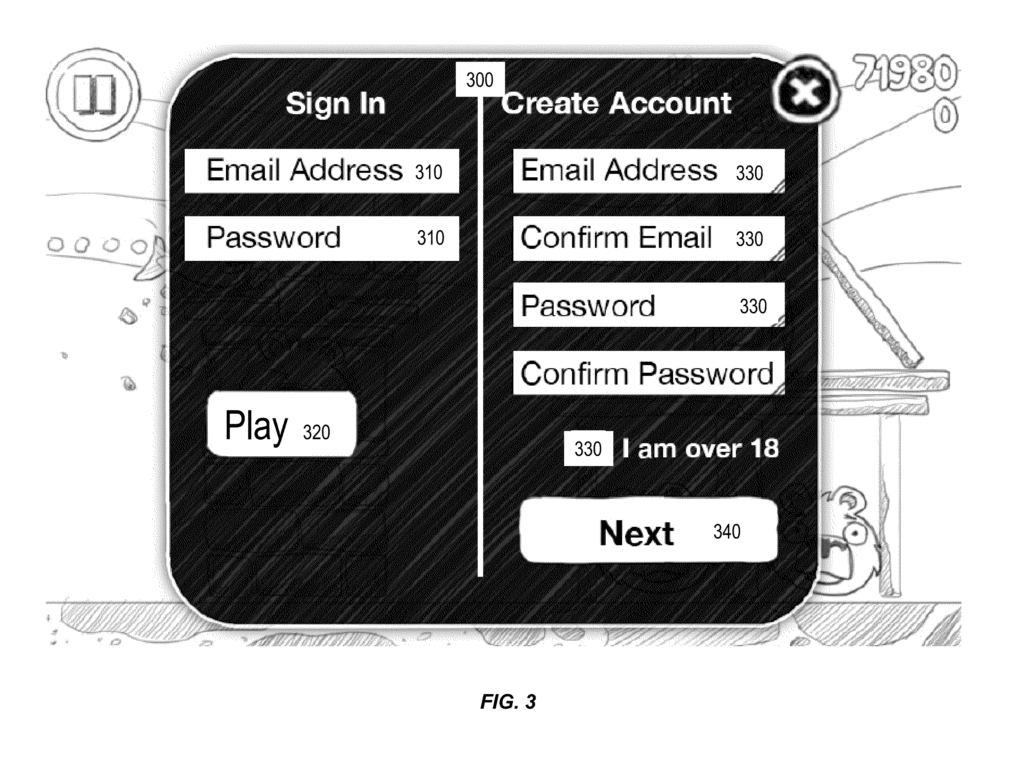In a landmark case that has sent shockwaves through the gaming industry, Skillz emerged victorious in a patent infringement trial against AviaGames, securing a staggering $42.9 million award. This trial underscores the critical importance of intellectual property (IP) strategy in the fiercely competitive gaming sector. Here, we delve into the intricacies of the case, the strategic maneuvers that led to Skillz’s win, and the broader implications for gaming companies navigating the IP landscape.
Trial Summary
The heart of the dispute lay in AviaGames’ alleged infringement of Skillz’s patents, specifically related to its skills-based gaming platform and associated games. Skillz accused AviaGames of not only mimicking its platform but also employing underhanded tactics such as using unbeatable bots, disguised as human players, to skew competition outcomes. This accusation was bolstered by evidence of internal communications within AviaGames discussing strategies to outcompete Skillz, including references to these bots through codewords.
Skillz Patent Portfolio, Summarized
Skillz’s patent portfolio is evidence of the company’s innovative approach to gaming technology, with a clear focus on enhancing player experience and engagement. For instance, the patent titled “Dynamic gameplay advertisements” (US-8715077-B2) revolutionizes the integration of advertising within games, making ads a seamless part of the gameplay experience rather than an intrusive element. This patent, granted in 2014, underscores Skillz’s early recognition of the importance of non-disruptive in-game advertising, which has become a critical revenue stream in the gaming industry today. The inventiveness of this patent lies in its approach to incorporating advertisements dynamically into the gameplay, thereby maintaining player immersion and potentially increasing ad effectiveness.

Another notable patent in Skillz’s arsenal is the “Synchronization model for virtual tournaments” (US-11376499-B2), which addresses the complexities of maintaining fairness and synchronicity in online multiplayer competitions. This patent, granted in 2022, illustrates Skillz’s commitment to creating a balanced and equitable competitive environment, even in the face of varying network conditions and player interactions. The technology outlined in this patent ensures that all participants in a tournament have a synchronized and fair gaming experience, which is crucial for retaining player trust and fostering a competitive yet fair gaming community. Such innovations not only enhance the user experience but also solidify Skillz’s position as a leader in the skills-based gaming platform domain, showcasing their forward-thinking approach to solving common challenges in online gaming.
Patent Strategy Analysis
Skillz’s victory is a testament to a robust patent strategy that encompasses creating innovative IP, vigilant monitoring of the market for potential infringements, and rigorous enforcement of rights. The process begins with identifying and patenting core innovations that give a company its competitive edge. For Skillz, this involved securing patents on its unique skills-based gaming platform and the games it hosts.
Monitoring the market is the next critical step. Skillz’s proactive stance in identifying potential infringements and gathering evidence was pivotal. The company’s diligence in tracking competitor activities and internal communications played a crucial role in building a compelling case against AviaGames.
The trial phase highlighted the importance of not just holding patents, but vigorously defending them. Skillz’s assertive legal action underscores the need for gaming companies to be prepared to enforce their IP rights, demonstrating the industry’s increasingly litigious nature.
Broader Implications for Gaming Companies
The implications of this trial for the gaming industry are manifold. First, it emphasizes the necessity for gaming companies to prioritize the development and protection of their intellectual property. Innovations should not only be patented but also closely guarded and monitored to prevent unauthorized use by competitors.
Moreover, gaming companies must be acutely aware of the IP landscape within which they operate. This means conducting thorough due diligence to ensure their products do not infringe on existing patents, thereby avoiding costly litigation. The concept of “inventing around” existing patents becomes crucial here, encouraging companies to innovate within the legal confines of the IP framework.
Licensing emerges as another strategic consideration. Skillfully navigating the licensing landscape can provide an additional revenue stream while fostering industry collaboration. Companies with strong patent portfolios can license their technologies to others, further cementing their market position and contributing to a more dynamic and interconnected gaming ecosystem.
The Skillz vs. AviaGames trial serves as a clarion call to the gaming industry, highlighting the pivotal role of intellectual property in securing a company’s market position and financial success. It’s a stark reminder that in the high-stakes world of gaming, innovation must be matched by an equally strategic approach to IP management. As the industry continues to evolve at a breakneck pace, companies that adeptly navigate the IP terrain, safeguarding their innovations while respecting the legal boundaries of the field, will be the ones to thrive in this competitive arena.

